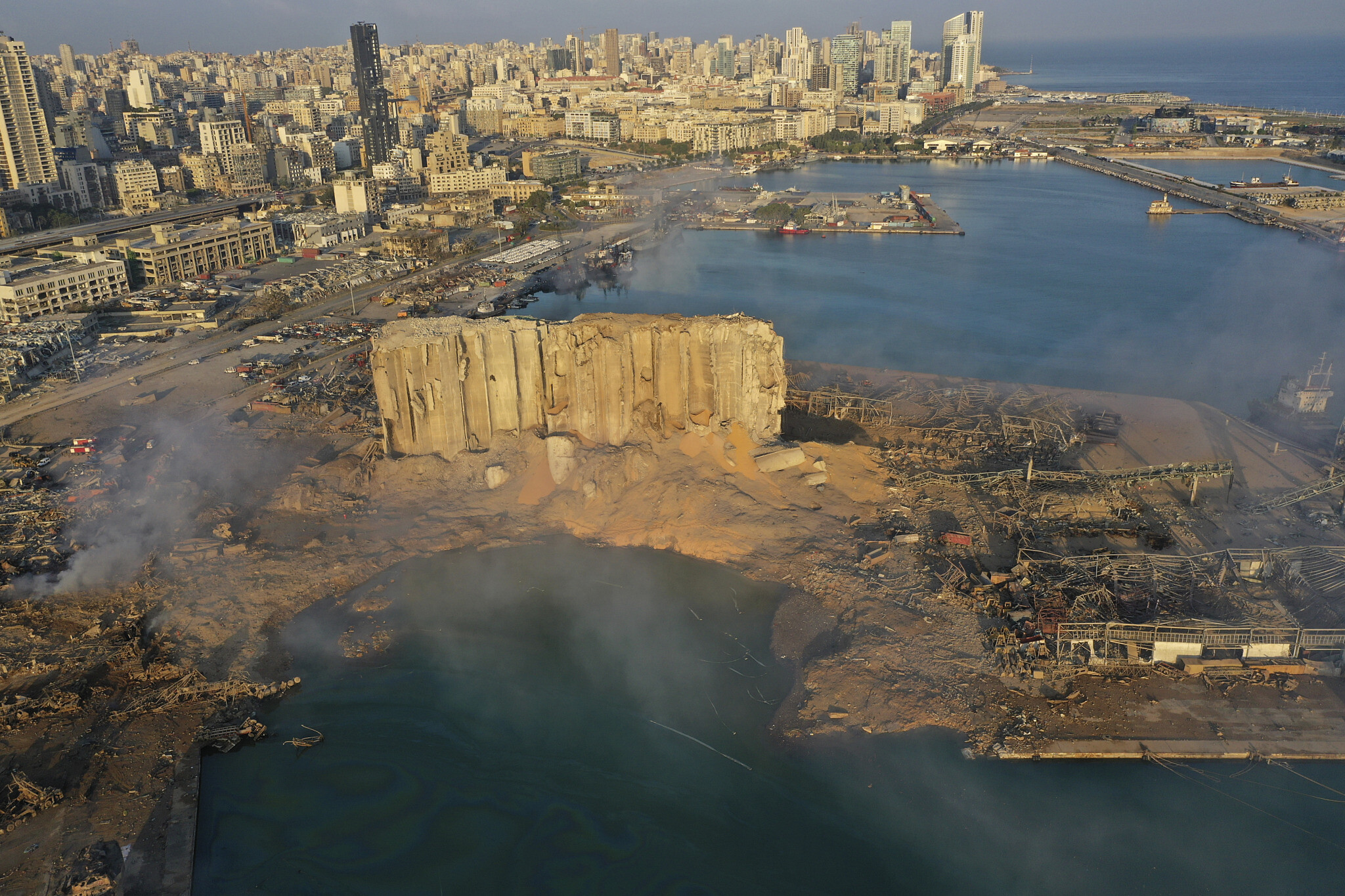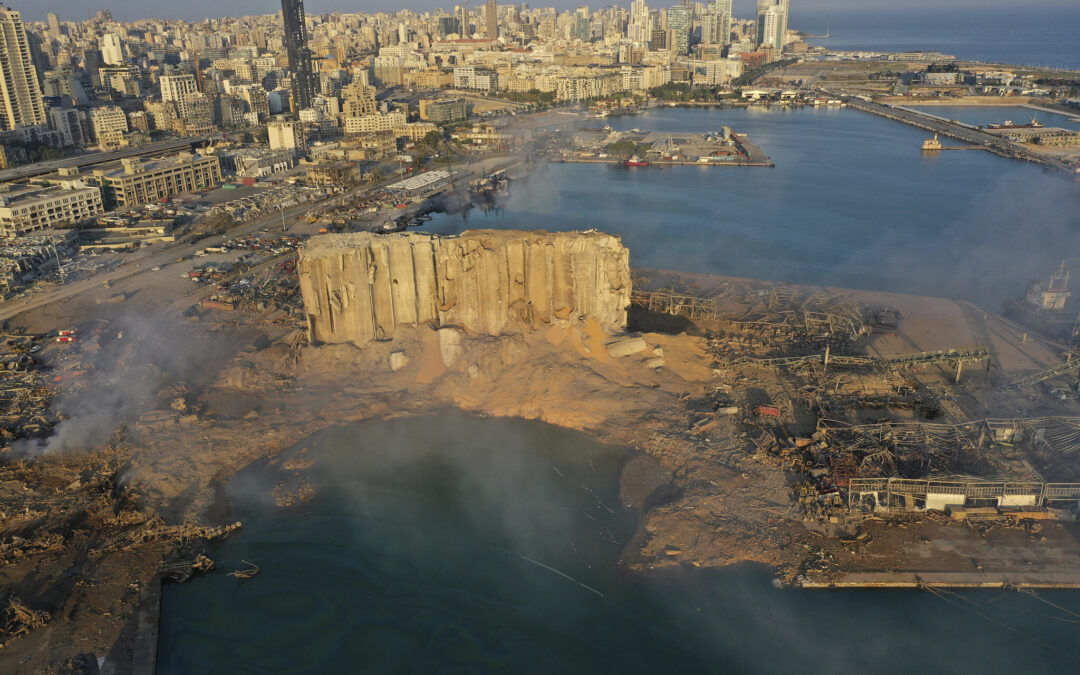2020 has been a tough year worldwide, but it has been more challenging for us Lebanese. With ongoing protests asking for basic human rights, to the economic collapse that has left the majority of its people jobless and below poverty lines, to the pandemic that has stopped any efforts to revive the economy, to a corrupt government who has continued to suppress its people and restrict freedom of speech.
As if 2020 wasn’t tough enough, on Tuesday August 4th at 6:07PM, the port of Beirut exploded because of dangerous substances that were stored and left unsupervised. The ammonium nitrate that exploded, created a 140m crater, destroyed everything that was within 5km, inflicted serious damages within 10km and was heard all the way to Cyprus. The explosion killed more than 180 people and injured around 3000 others, many of whom lost their loved ones, their homes and all of their investments. Physical damages are estimated to be around 10 to 15 billion dollars in property, and has left an estimated 300,000 people homeless. Hospitals near the port were destroyed, and others in Beirut area were severely damaged, which made it so much harder to manage the situation as the hospitals started to evacuate their own patients before being able to treat the injured.
It was a chaotic night. The buildings had fallen to the streets and people were running in all directions. Walking back home was a long road. Buildings kept on falling and injured people covered in blood were walking to hospitals since the roads were not accessible by car. I rushed to go back to my damaged house and check in on my parents who are one of the lucky ones, and everyone started to check on neighbors, treating their injuries with what was available to them, as the hospitals were not able to admit any injuries that were not a threat to one’s life.
That night was particularly dark; I will never be able to forget the fear that we felt when the explosion hit, nor the sounds of broken glass, the screams and cries of panic and the sights of the injured and their families, the fallen buildings and the never ending roars of ambulances. No one was able to sleep that night; some of us feared rumors of another explosion, others feared the collapse of their building, but I still consider myself lucky that I was able to have a bed to sleep on, even if my home never felt a safe place again.

People started to help immediately. Efforts to rebuild, assist the injured, feed and host the homeless and fundraise to attempt to cover urgent damages truly showed the solidarity and love amongst us people. On the other hand, the government who was ultimately responsible for the explosion have offered no help, and has ordered the oppression of demonstrations after the explosion – not taking any action against the rubber and live bullets that were fired at protesters a few days afterwards – and has enforced a state of emergency and laws to yet again protect themselves from any act of revolt against them.
Lebanese people are now falling asleep to this harsh reality every night. We always spoke of hope for a better future, but this seems to be slipping away while despair gradually takes over.
Stay tuned for Part 2 of this article, featuring an interview with Mr. Bassam Saba, director of the Lebanese National Higher Conservatory of Music, and his view on the future of arts and culture in Beirut.
